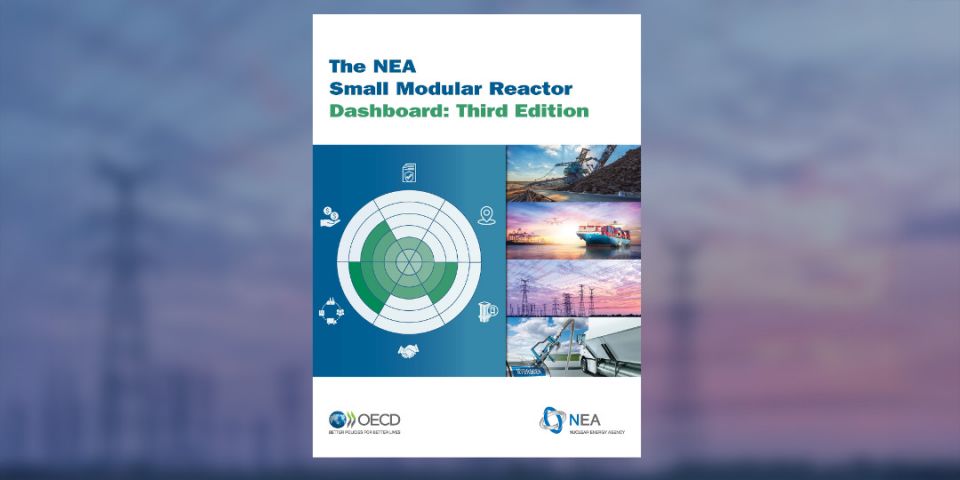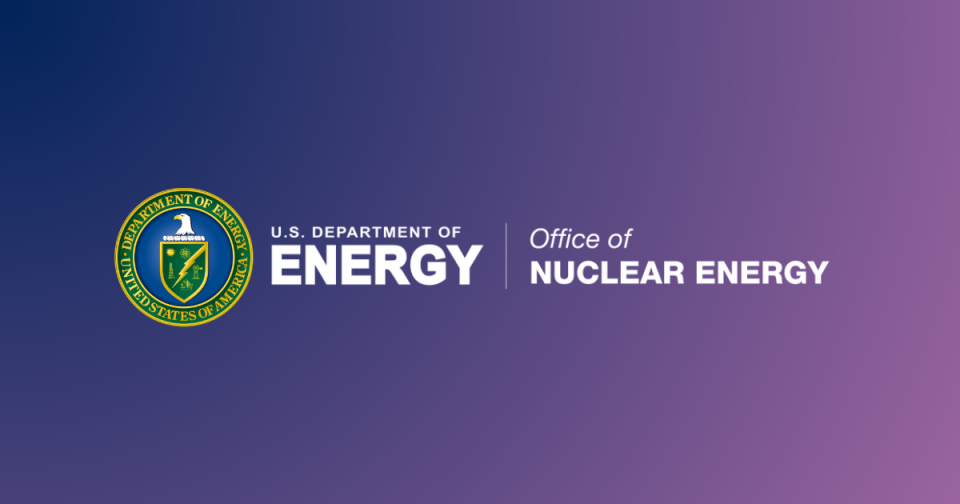Key points
The full article can be found here. The key points are excerpted below:
- Without DOD intervention, the United States runs the risk of an SMR market dominated by foreign countries, further eroding U.S. commercial nuclear power capabilities and damaging U.S. control over nuclear energy proliferation.
- DOD has recently expressed interest in the possibility of integrating SMRs on military bases as part of its strategy to "island" bases from the fragile civilian power grid.
- SMR technology offers a host of benefits over traditional large reactors-namely, a smaller footprint, scalable design, factory-based construction, portability, and passive safety features.
- DOD has a chance to become a "first mover" in the emerging SMR market; by providing assistance and guidance to the private sector, DOD can ensure that successful designs meet its operational needs.
About the authors

Andres
Richard B. Andres is professor of National Security Strategy at the National War College and a Senior Fellow and Energy and Environmental Security and Policy chair in the Center for Strategic Research, Institute for National Strategic Studies, at the National Defense University.
Hanna L. Breetz is a doctoral candidate in the Department of Political Science at the Massachusetts Institute of Technology.
 The Institute for National Strategic Studies-a component of the National Defense University-has published a new article examining the potential for using small modular nuclear reactors (SMRs) to address the U.S. Department of Defense's (DOD) dependence on civilian power grids. The article also looks at the potential for using SMRs in the field.
The Institute for National Strategic Studies-a component of the National Defense University-has published a new article examining the potential for using small modular nuclear reactors (SMRs) to address the U.S. Department of Defense's (DOD) dependence on civilian power grids. The article also looks at the potential for using SMRs in the field.






